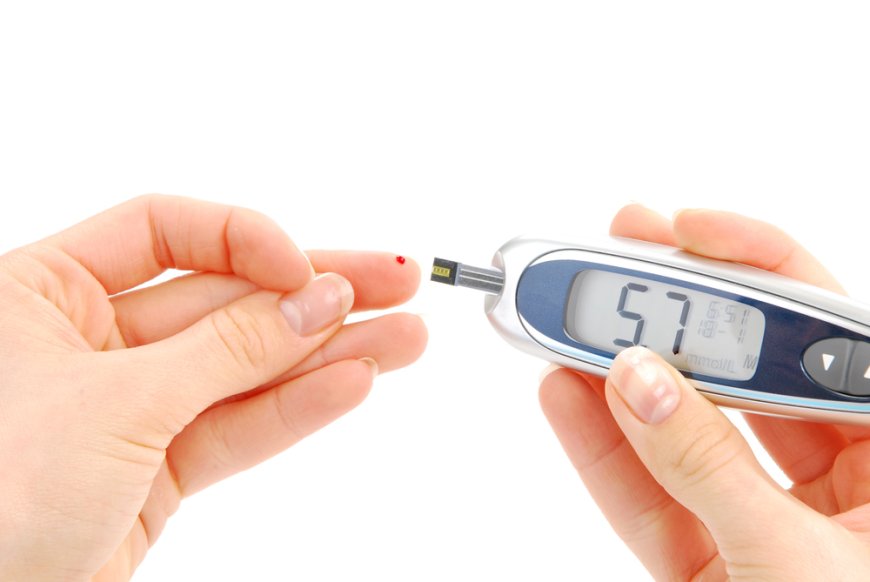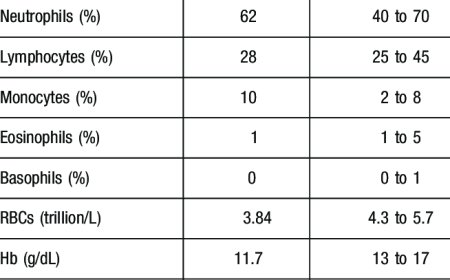Diabetes mellitus

Introduction:
Imagine a world inside your body, where there's a tiny worker called insulin, who helps control the amount of sugar in your blood. In India, just like in many other places around the world, this worker sometimes goes on a strike or becomes lazy, and that's when Diabetes Mellitus steps in. Diabetes Mellitus, commonly known as diabetes, is a serious health condition that affects how your body uses sugar, also known as glucose. Let's learn more about this mysterious ailment!
Signs and Symptoms:
When diabetes starts causing trouble, your body gives you signals to let you know something's not right. Here are some common signs and symptoms:
- Feeling thirsty all the time, even after drinking water.
- Frequent trips to the bathroom, especially at night.
- Feeling hungry, but not gaining weight.
- Feeling tired and weak most of the time.
- Sores or cuts take longer to heal.
- Blurred vision.
What Is Diabetes Mellitus?
Diabetes is like an unwanted guest that interferes with the sweet balance of your body. It happens when there's too much sugar in your blood and your body can't use it properly. This can happen due to problems with insulin, the worker we talked about earlier. Without enough insulin or if it doesn't work correctly, the sugar stays in your blood and can't enter the cells where it's needed for energy.
Classification of Diabetes Mellitus:
There are different types of diabetes, but the three main types are:
- Type 1 Diabetes: This is when your body's immune system mistakenly attacks and destroys the insulin-making cells in the pancreas. It usually starts in childhood or early adulthood.
- Type 2 Diabetes: This type usually happens when your body doesn't use insulin properly or doesn't make enough of it. It can be more common in adults, but even young people can get it if they don't take care of their health.
- Gestational Diabetes: Sometimes, during pregnancy, some women can develop high blood sugar levels. This is known as gestational diabetes and usually goes away after giving birth.
Causes and Triggers:
For Type 1 diabetes, the exact cause is still a bit of a mystery, but it's believed to be related to both genetic and environmental factors. On the other hand, Type 2 diabetes is often linked to unhealthy lifestyles, such as eating too much junk food and not being active. It's like inviting diabetes to come and live in your body if you don't take care of it!
Risk Factors with Examples:
Some things can increase the chances of getting diabetes. For example:
- Family History: If someone in your family has diabetes, you might be at a higher risk.
- Unhealthy Eating: Eating lots of sugary and fatty foods can put you at risk.
- Lack of Exercise: If you spend most of your time watching TV or playing video games, you're not giving your body enough activity to stay healthy.
Diagnostic Tests and Treatments:
If your doctor suspects diabetes, they might perform some tests to find out for sure. The main tests are:
- Fasting Blood Sugar Test: This is a simple blood test that checks your sugar levels after fasting (not eating) for a specific period.
- Oral Glucose Tolerance Test (OGTT): This test measures your sugar levels before and after drinking a sugary liquid.
Complications of Diabetes Mellitus:
Diabetes can be a sneaky troublemaker. If not managed well, it can lead to serious complications like heart problems, kidney issues, eye problems, and nerve damage. That's why it's essential to keep your diabetes under control and take good care of your health.
Prevention Techniques:
The good news is that you can lower your risk of diabetes by making healthy choices:
- Eat a Balanced Diet: Choose fruits, vegetables, whole grains, and lean proteins over sugary and fatty foods.
- Stay Active: Spend time playing outside, doing sports, or dancing to keep your body moving.
- Get Regular Check-ups: Visit your doctor for check-ups to catch any potential problems early.
Diabetes Mellitus is like a tricky puzzle, but with the right actions and care, you can keep it under control and live a healthy and happy life. Remember to listen to your body, eat well, play, and be active every day. By taking care of yourself, you'll keep diabetes at bay and enjoy a life full of sweetness!
What's Your Reaction?
 Like
0
Like
0
 Dislike
0
Dislike
0
 Love
0
Love
0
 Funny
0
Funny
0
 Angry
0
Angry
0
 Sad
0
Sad
0
 Wow
0
Wow
0









































































